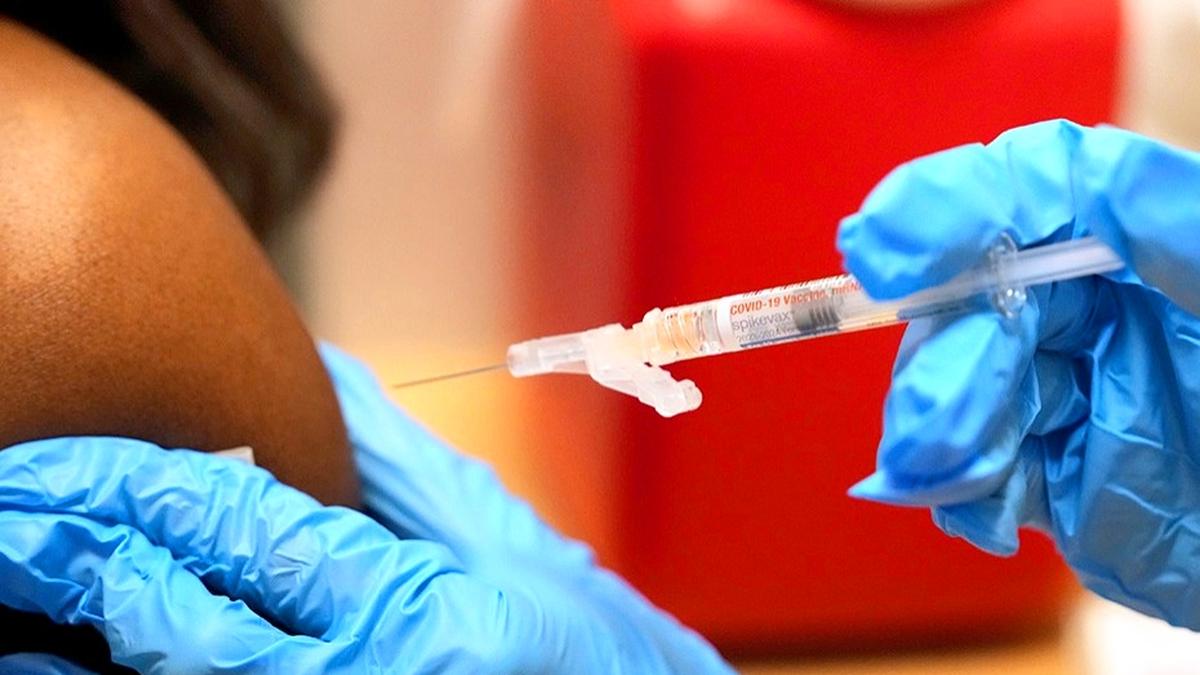
ICMR announces ‘First in the World Challenge’ to encourage scientists to find innovative ideas to tackle health issues
The Hindu
ICMR launches "First in the World Challenge" to inspire Indian scientists for groundbreaking health innovations with global impact.
Aimed at encouraging Indian scientists to come up with innovative ideas for finding solutions to difficult health problems, the Indian Council of Medical Research (ICMR) has announced a new initiative called “First in the World Challenge”.
The Council, which is the apex body in India for the formulation, coordination and promotion of biomedical research and is one of the oldest medical research bodies in the world, said that the scheme proposes to foster novel, out of the box, futuristic ideas, new knowledge generation, discovery / development of breakthrough health technologies (vaccines, drugs/ therapeutics, diagnostics, interventions etc.), which has never been thought, tested or tried in the world till date.
“The proposal must have bold research ideas with significant wide-ranging impact and if successful should have potential ‘first of its kind’ biomedical and technological innovations for better health outcomes in the global context,’’ said the Council in its order.
It added that proposals aiming for ‘incremental knowledge’ or ‘process innovation’ will not be funded through this scheme.
The announcement adds that this is a high risk, high reward initiative where the odds of success may be variable.
“But ICMR considers it worth taking the risk to achieve something which no one in the world has ever done before. This program believes in taking big chances for big rewards. Every attempt may not work out, but the successes will bring about a huge revolution in biomedical science,’’ it noted.
The proposals can be submitted by an individual or by a team of researchers (either from a single institute or from multiple institutes). The selection committee will be formed by experts of high repute, innovators, policy makers, scientists with outstanding record of conducting and nurturing research and innovation in the biomedical domain.

Andhra Pradesh CM Chandrababu Naidu inaugurates CNG, PNG projects in Rayalaseema region. Andhra Pradesh has the unique distinction of being the second largest producer of natural gas in India, thanks to the Krishna-Godavari (KG) Basin, he says, adding the State will lead the way towards net-zero economy.










